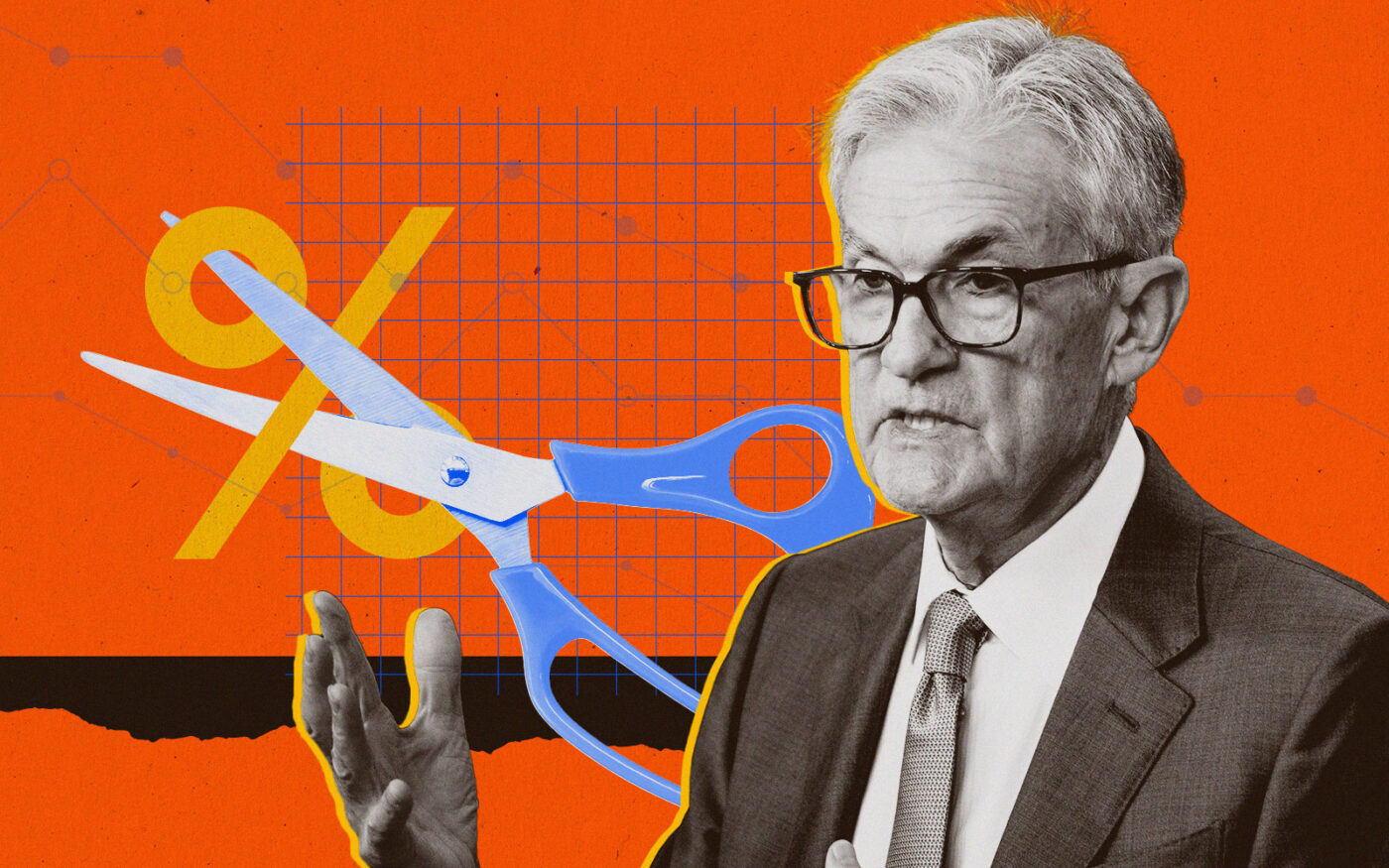The Federal Reserve’s long-awaited rate cuts are finally taking shape, joining a drop in mortgage rates to stoke expectations for more buyers to enter the market.
Economic data released last week renewed pressure on the central bank to lower interest rates, as investor concerns over a potential recession sent share prices tumbling.
Inflation is now hovering just above the Fed’s 2 percent target, while unemployment is at a three-year high of 4.3 percent, indicating the agency may have missed the “soft landing” it was aiming for by holding interest rates at higher levels.
Mortgage rates are tied to the 10-year treasury, not the Fed, but can be influenced by the same economic factors that affect the agency’s decision to raise or lower interest rates. Movement, or even anticipated movement, from the central bank often comes alongside changes in mortgage rates — which dropped to a 15-month low in the week after the jobs report.
“There’s so much talk about [the Fed meeting] that [mortgage] rates have already been reduced,” said Phil Crescenzo Jr., a Southeast regional executive at Nation One Mortgage Corporation.
The Fed started hiking interest rates in the spring of 2022, hoping to stave off rising inflation. Mortgage rates rose alongside them and cooled the housing market’s boom, sidelining loan-dependent buyers and would-be sellers worried about parting with their historically low mortgage rates.
The agency continued the hikes until last July but has since held rates steady, despite its indication earlier this year that rate reductions were on the near horizon. Stubbornly-high inflation rates kept cuts projected for this spring at bay, and home sales slowed to a crawl.
The Fed’s next meeting is slated for Sept. 18. If the agency does lower rates, it’ll mark the first reduction since the start of the pandemic in 2020.
“For the whole market to be on the edge of its seat for even a 50-point basis reduction, it’s been raised so many times significantly that everybody’s cheering,” Crescenzo said. The likely cut won’t be significant enough to move the needle for strapped borrowers, he noted, but interest rate movement would be a boon to consumer sentiment.
“It’s been a long drought,” he said.
Cloudy forecast
Economists and industry experts were split on the gravity of the latest economic numbers, with some warning of a potential recession and others waving off investor concerns as a likely overreaction.
“We’ve seen sort of a global meltdown in equities,” said Melissa Cohn, a regional vice president with William Raveis Mortgage. “The contagion is spreading around the world, and there is a great sense that the economy is in much worse shape than the Fed alluded to.”
The latest jobs report was a “major headline with lights” that the labor market was performing well below expectations, Cohn said, which will likely trigger a more drastic measure from the Fed.
Earlier projections pegged the agency’s potential rate cut by a quarter of a percent, but Cohn is among the investors expecting the reduction to be closer to a half of a percent, especially if more weak economic reports are on the horizon.
Redfin economist Chen Zhao said the latest jobs report could speed up the Fed’s previously expected timeline for rate cuts. Instead of reducing rates over the next 12 to 18 months, some are expecting the agency to make the same amount of cuts in a six-month period.
“The housing market could see a recovery sooner rather than later,” Zhao said. “If you’re a buyer or a seller waiting for the Fed to act, a lot of that is priced in already.”
Despite the recession concerns, Cohn said the drop in mortgage rates is “all good news” for the housing market.
More buyers entering on the hunt means competition for homes will increase and drive prices up, especially as inventory levels remain low in most markets. Cohn said a short-term risk is a potential uptick in home prices that could offset the benefits of lower rates.
“It’s sort of a catch 22,” Cohn said. “In this higher rate environment, we never got to totally catch up on inventory. Levels today are definitely higher, but there’s still not what many people would consider [them] to be normalized.”
Inventory will have to wait for a boost from homebuilers’ pipelines to hit the market and once sellers re-enter after a slower late summer season — likely not until early next year, according to Zillow senior economist Orphe Divounguy.
Read more



